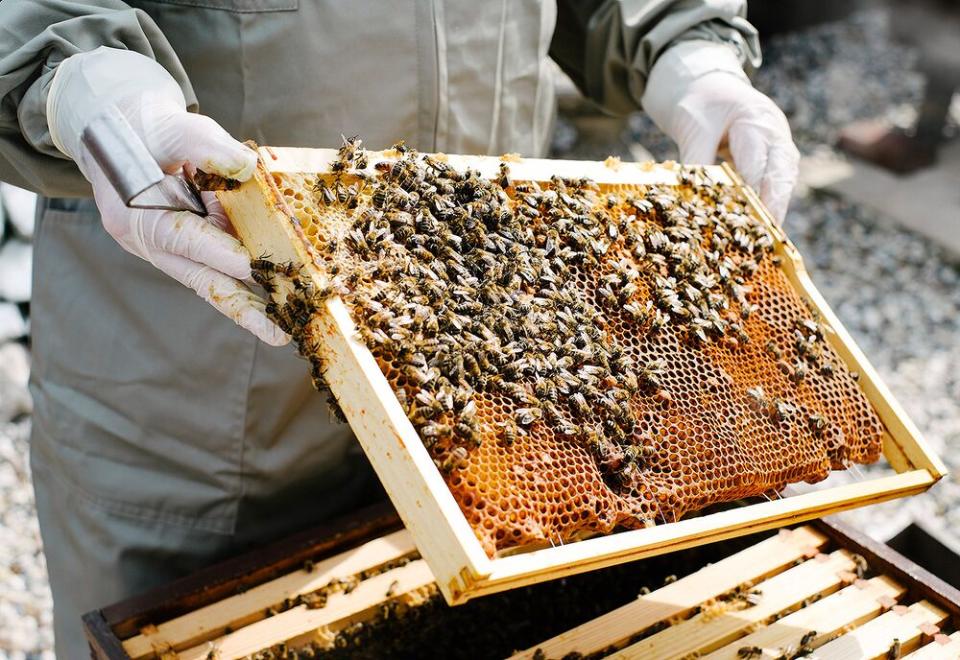Scientists Warn Bumblebees Might Be Going Extinct Due to Climate Crisis
Scientists are buzzing with new research about the bumblebee’s future.
According to a new study published Thursday in the journal Science, bumblebee species are drastically declining — possibly risking extinction — due to the world’s heightened climate crisis.
Findings suggest that due to climate change, the odds of seeing a bumblebee in North America and Europe have declined by an average of 30 percent.
Researchers at the University of Ottowa explained that while “climate chaos” being “related to the growing extinction risk that animals are facing around the world” is not a relatively new theory, bumblebees especially are disappearing at a consistent rate.
RELATED: Almond Milk Industry Is Killing Billions of ‘Exploited’ Honey Bees: Report
“If declines continue at this pace, many of these species could vanish forever within a few decades,” first author Peter Soroye said.
To examine the effects of climate change, researchers analyzed changes in the populations of 66 bumblebee species over North America and Europe in relation to the changing temperature.
“We found that populations were disappearing in areas where the temperatures had gotten hotter,” Soroye explained.
“Using our new measurement of climate change, we were able to predict changes both for individual species and for whole communities of bumblebees with a surprisingly high accuracy.”
RELATED: Ecologists Worry Wildlife Has a ‘Bleak Future’ as Australia Fires Propel Extinction Crisis
Scientists discovered that the bees preferred cooler, wet conditions and variations in seasons. As the rising temperatures are drying out habitats, this could be raising the risk of extinction and lack of colonization.

“Colonization is when an animal goes to a new place and there was no population of that animal there before, and it establishes a new population,” senior author Dr. Jeremy Kerr said. “If that’s happening a lot, then the species might be doing okay.”
As the study explained, “bumblebees are among the best pollinators we have in the wildlife system,” so researchers are eager to keep bees alive and thriving. To help with this goal, the study offered suggestions of ways anyone can help protect the bees.
Some of these options include lessening the use of pesticides, providing shelter from the sun for the species and to plant a diverse arrangement of flowers to save all types of habitats.
Added Kerr: “There are things we can do and recovery is a feasible thing, We’re not saying that what we all need to do is immediately start living in a hut in the woods to recover the situation. It points to a hopeful direction if we choose to intervene.”

